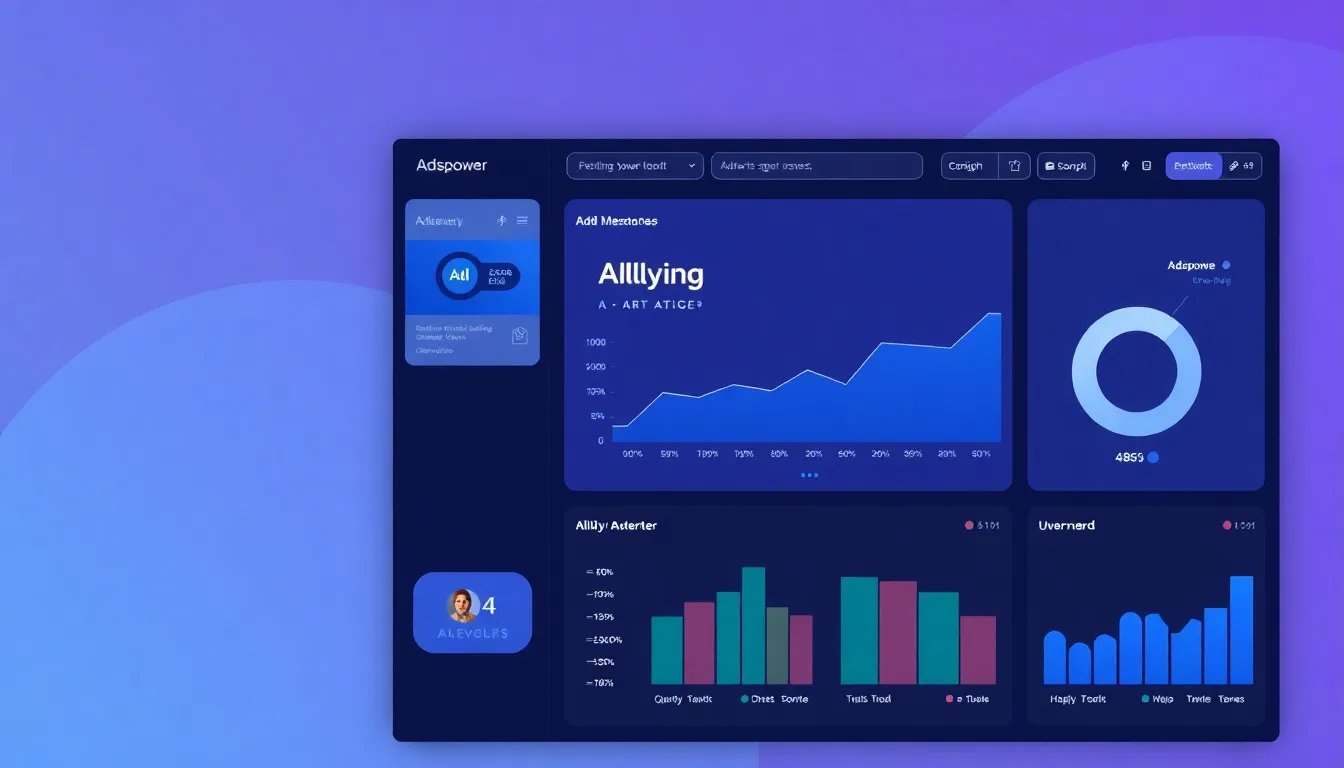In a world of constant stimulation, emotional triggers can surface without warning—leaving many people caught in an exhausting loop of overreaction, guilt, and self-doubt. From workplace frustrations to personal relationship struggles, these moments often feel like a loss of control. But what if you could respond differently? What if, instead of reacting impulsively, you could pause, process, and choose your response with intention? This is the transformational promise of working with an Emotional Regulation Coach—a professional trained to help you identify your patterns, understand your nervous system, and develop lifelong strategies for calm, grounded living.
Let’s dive deep into how an Emotional Regulation Coach can help you break the trigger cycle and reclaim your emotional freedom.
What Is Emotional Regulation?
Understanding the Basics
Emotional regulation refers to the ability to manage and respond to emotional experiences in a healthy, constructive way. It involves recognizing emotions as they arise, allowing them to be felt without judgment, and choosing how to express them appropriately.
The Science Behind It
Our brains are wired to respond to threats—real or perceived—through automatic responses like fight, flight, or freeze. When dysregulated, the amygdala (our emotional alarm system) overrides the rational prefrontal cortex, leading to reactive behaviors. Emotional regulation helps restore balance, allowing us to stay calm and present even during high-stress situations.
The Role of an Emotional Regulation Coach
An Emotional Regulation Coach acts as a guide, offering tools, support, and accountability to help individuals navigate emotional turbulence. Unlike therapists who often delve into past trauma, a coach focuses on the present and future—building practical strategies that empower you to self-regulate.
Core Areas of Coaching
- Awareness and Identification: Recognizing emotional triggers and naming the emotion.
- Somatic Connection: Understanding how emotions live in the body.
- Thought Reframing: Shifting negative thought patterns into constructive ones.
- Nervous System Regulation: Techniques to calm the body and mind, such as breathwork, grounding, and mindfulness.
- Behavioral Shifts: Replacing impulsive reactions with conscious responses.
Working with an Emotional Regulation Coach helps individuals build resilience and cultivate emotional intelligence—a skillset that benefits every area of life.
Common Emotional Triggers and Their Impact
Triggers are internal or external events that activate an emotional response. They can be rooted in past experiences, unresolved trauma, or even everyday stressors. When left unexamined, these triggers perpetuate cycles of reactivity.
Examples of Common Triggers:
- Criticism or rejection
- Conflict or raised voices
- Feeling ignored or invalidated
- High-pressure situations
- Perceived failures or mistakes
Emotional Fallout
Unregulated emotions can lead to:
- Damaged relationships
- Poor decision-making
- Chronic stress and anxiety
- Low self-esteem
- Professional setbacks
A skilled Emotional Regulation Coach helps unpack the layers beneath these reactions, bringing clarity and control back into your hands.
Techniques Used by Emotional Regulation Coaches
Every client’s needs are unique, but most emotional regulation coaching programs incorporate evidence-based techniques to promote emotional mastery.
Mindfulness and Breathwork
Mindfulness brings your awareness to the present moment, which is crucial when emotions begin to surge. Simple breathwork exercises can regulate your nervous system in seconds.
Cognitive Restructuring
This process involves identifying irrational thoughts and replacing them with balanced, realistic alternatives. For instance, changing “I always mess things up” to “I made a mistake, and I can learn from it” is a powerful shift.
Somatic Practices
Emotions often reside in the body. Coaches might guide clients through body scans, grounding techniques, or gentle movement to release stored tension and increase awareness.
Journaling and Reflection
Documenting emotional triggers, responses, and outcomes can help you identify patterns over time. A coach may provide prompts or reflection exercises to deepen your insight.
Visualization and Anchoring
Visualizing a calm scenario or using physical anchors (such as placing a hand over the heart) can help the body associate calmness with triggering situations, rewiring the stress response.
Emotional Regulation Coaching in Action: A Real-World Example
Imagine Sarah, a high-performing executive who frequently snapped at her team during meetings. She didn’t understand why small challenges set her off. Through working with an Emotional Regulation Coach, she learned that her trigger was the fear of being seen as incompetent—a fear rooted in childhood experiences.
With coaching, she practiced breathwork before meetings, reframed her inner dialogue, and created a pause ritual when she felt her frustration rising. Within months, Sarah was leading with clarity and confidence instead of fear and reactivity.
Who Can Benefit from an Emotional Regulation Coach?
Emotional regulation coaching is not just for those who “lose their temper.” It’s for anyone who:
- Feels overwhelmed by emotions
- Experiences recurring conflict in relationships
- Wants to enhance their leadership presence
- Struggles with anxiety, self-doubt, or people-pleasing
- Seeks greater emotional intelligence and self-mastery
Whether you’re a parent, CEO, student, or creative, learning to regulate your emotions unlocks your potential and deepens your connection to yourself and others.
How to Choose the Right Emotional Regulation Coach
Finding the right coach is essential for your journey. Here are a few key factors to consider:
Credentials and Training
Look for someone trained in somatic practices, nervous system regulation, and evidence-based coaching models.
Specializations
Some coaches specialize in areas like leadership, trauma-informed care, or relationship dynamics. Choose one aligned with your specific goals.
Coaching Style
Do you prefer direct and structured guidance or a more exploratory and reflective approach? Schedule a discovery call to assess compatibility.
Testimonials and Results
Client feedback and success stories can offer insight into a coach’s effectiveness and approach.
A skilled Emotional Regulation Coach creates a safe, non-judgmental space for you to grow, learn, and transform.
Long-Term Benefits of Emotional Regulation Coaching
Committing to emotional regulation is one of the most empowering decisions you can make. With consistent practice and expert guidance, clients often report:
- Stronger, healthier relationships
- Greater self-awareness and confidence
- Improved communication skills
- Reduced anxiety and stress
- Enhanced productivity and decision-making
- Increased emotional resilience and adaptability
These are not just surface-level changes—they are deep, sustainable shifts that impact every facet of life.
Conclusion
Breaking the trigger cycle is not about becoming emotionless—it’s about becoming emotionally wise. It’s about pausing before reacting, speaking with intention, and staying anchored in your values when life gets turbulent. With the support of a professional Emotional Regulation Coach, you gain not just coping mechanisms, but the tools to evolve into a more grounded, present, and powerful version of yourself. At Creed Academy, we believe every high-achieving individual deserves access to this transformative work. Whether you’re navigating leadership challenges, personal growth, or emotional overwhelm, an Emotional Regulation Coach can help you turn reactive patterns into responsive power.



